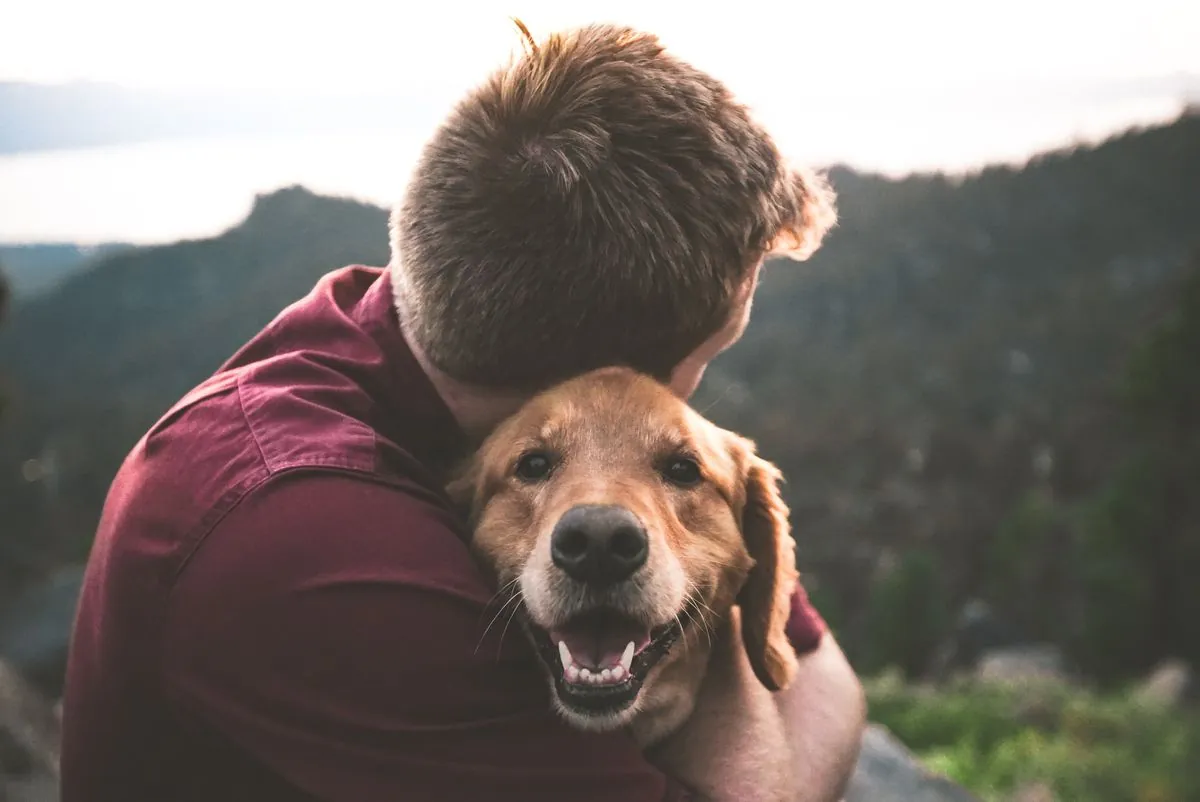In the Denver suburb of Arvada, Colorado, Simon Rubick's journey to sobriety exemplifies the crucial role pets can play in addiction recovery. Two years ago, Rubick faced a heart-wrenching decision: seek treatment for his substance abuse or keep his beloved German shepherd, Tonks. This dilemma is common among the approximately 21 million Americans struggling with addiction, as most rehabilitation centers don't accommodate pets.
Fortunately, Rubick found PAWsitive Recovery, an organization that fosters animals while their owners undergo treatment. Founded in 2021 by Serena Saunders, the program has since helped over 180 people and their pets. Saunders, who has been sober for 3.5 years, drew from her own experiences with addiction to create this unique support system.
"People that are trying to get into recovery sometimes have lost their families, their children, any kind of support system that they have had. You're not going to compound trauma that you've already had by giving up the one thing that hasn't given up on you, and that's people's animals."
The impact of pet companionship on mental health is well-documented, with studies showing that pet ownership can reduce stress and improve overall well-being. This is particularly significant for individuals in recovery, who often face multiple challenges, including PTSD, which affects about 3.5% of U.S. adults annually.
PAWsitive Recovery's success has led to its incorporation into the Society for the Prevention of Cruelty to Animals (SPCA) International, one of the oldest animal welfare organizations founded in 1839. This partnership has enabled the program to expand its reach beyond Colorado, accepting applications nationwide.
Volunteer foster families play a crucial role in the program's success. Ben Cochell, a 41-year-old Denver resident who has been sober for over seven years, finds fostering rewarding not only for himself but also as a teaching opportunity for his children about compassion and helping others.
The program's approach aligns with the growing recognition of animal-assisted therapy, a concept that dates back to the 9th century. By allowing individuals to maintain their bond with their pets during treatment, PAWsitive Recovery addresses a critical gap in addiction recovery services.
For Rubick, now an addiction recovery coach, the program was life-changing. He credits Tonks with helping him maintain his sobriety, emphasizing the unconditional love and support that pets provide during the challenging recovery process.
As PAWsitive Recovery continues to grow, it offers hope to many facing the dual challenges of addiction and pet ownership. By fostering this unique bond, the program not only aids in individual recovery but also contributes to the well-being of beloved animal companions.
